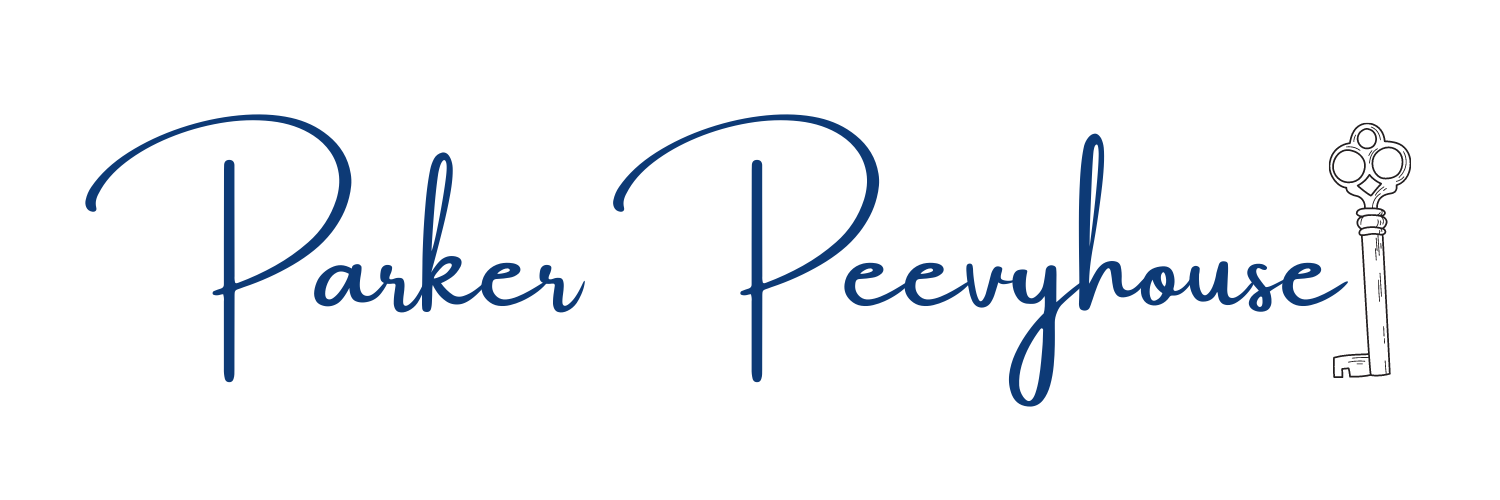The maps/floor-plans scattered throughout The Echo Room help the reader keep track of the secrets Rett and Bryn have unlocked. What other purposes do they serve? How do you think the reading experience would change without the maps/floor-plans?
Even though Rett and Bryn change their actions after each loop in time, they find it difficult to change their situation. Why do you think this is? What big changes are they able to make, and which changes seem impossible?
Rett uses the song Bryn sings (“One lonely lighthouse…”) as a mnemonic device to help him remember which tasks to complete each time he wakes. In your personal experience, which mnemonic devices have you encountered and why do you think they work?
Which decisions does Rett make that endanger Bryn? Which does Bryn make that endanger Rett? In general, is it worth it to risk your own safety to help someone else survive, or are you better off prioritizing your own survival?
Rett and Bryn struggle to decide how best to use their emergency flare, whether to signal for help, keep creatures at bay, or to try to trigger a time loop. In a survival situation, how do you know which actions to prioritize? What can help you make measured decisions?
Time loops are a common device in science fiction stories. What other books, movies, TV shows, etc. make use of time loops? What do they tend to have in common? Why do you think this device is so enduring?
At the end of the story, Rett and Bryn find out who is responsible for the ecological collapse that has shaped their lives thus far. How much does their situation parallel real-world ecological decline? What do you think our reaction should be to such decline?
